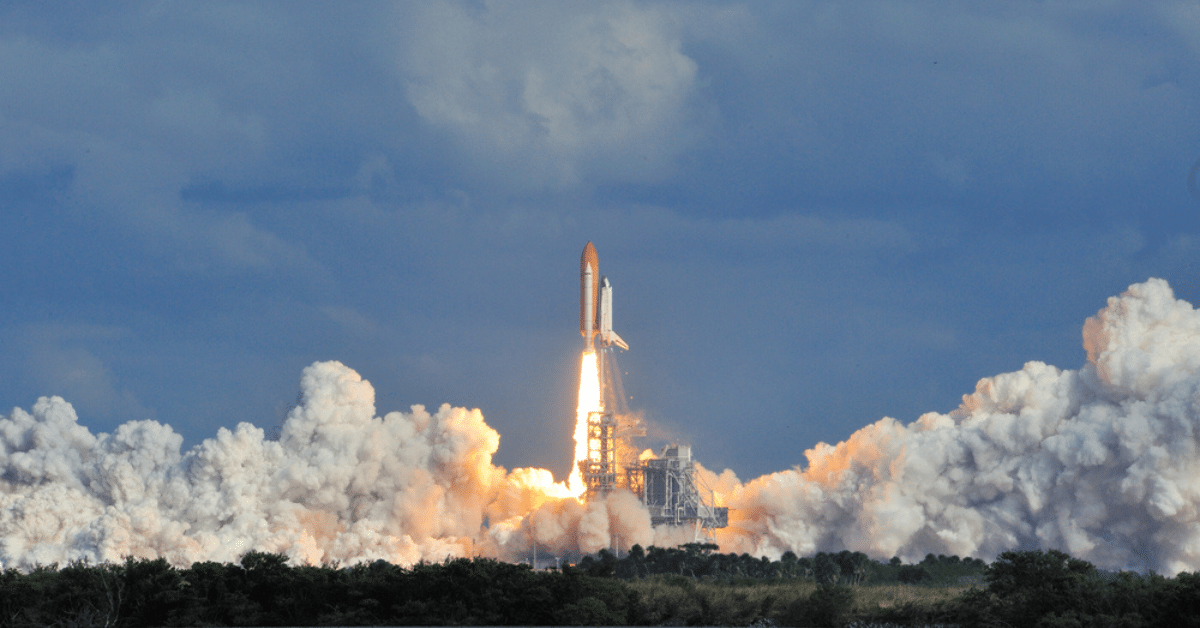SUMMARY
The government approved 100% FDI through the automatic route for manufacturing of components and systems or sub-systems for satellites, ground segment and user segment
The Centre said that the “satellites” sub-sector has been divided into three different activities with defined limits for foreign investment in each such sector
According to Inc42, more than 150 Indian spacetech startups call India their home and secured more than $285 Mn in funding between 2014 and 2023
The union cabinet has approved 100% foreign direct investment (FDI) via the automatic route for certain segments within the space sector, fulfilling a long-standing demand.
The cabinet, chaired by Prime Minister Narendra Modi, approved the proposal late on Wednesday (February 21).
“Under the amended FDI policy, 100% FDI is allowed in (the) space sector. The liberalised entry routes under the amended policy are aimed to attract potential investors to invest in Indian companies in space,” the government said in a statement.
Terming the move the liberalisation of the space sector, the statement said that the “satellites” sub-sector has been divided into three different activities with defined limits for foreign investment in each such sector.
It is pertinent to note that, under the current rules, FDI for establishment and operation of satellites is only permitted via the government approval route.
However, the new policy, as per the Centre, provides more clarity for FDI in categories such as satellites, launch vehicles and associated systems or subsystems, creation of spaceports, and manufacturing of space related components and systems.
Here are the various subcategories for FDI approval through the automatic route:
Up to 100% FDI: Manufacturing of components and systems (or sub-systems) for satellites, ground segment and user segment
Up to 74% FDI: Manufacturing and operation of satellites, satellite data products, among others. Approval through the government route beyond this
Up to 49% FDI: Launch vehicles and associated systems or subsystems, creation of spaceports for launching and receiving spacecraft. Beyond this, the approval would be through the government route
The move is expected to bring more foreign investments into the sector, foster innovation, and enable global scale of operations for homegrown spacetech players.
“This increased private sector participation would help to generate employment, enable modern technology absorption and make the sector self-reliant…. With this, companies will be able to set up their manufacturing facilities within the country duly encouraging ‘Make In India (MII)’ and ‘Atmanirbhar Bharat’ initiatives of the government,” the statement added.
Meanwhile, the industry welcomed the Centre’s announcement. Lt Gen (Retd) AK Bhatt, the director general of the Indian Space Association, said that the move will boost the confidence of industry stakeholders and bring more capital into the spacetech ecosystem.
“We are thankful to the government, and it is heartening to note the pace of its forward-looking reforms in the nascent space sector. The liberal FDI limits by automatic route… will boost the confidence of all space industry members… This will give India access to the latest tech advances and much-needed funds…,” added Bhatt.
The move will boost the fortunes of Indian spacetech startups. Despite the dearth of capital for certain segments of the sector, the ecosystem continues to thrive in India.
According to Inc42, more than 150 Indian spacetech startups call India their home and have secured more than $285 Mn in funding between 2014 and 2023. Overall, Indian startups are vying worldwide for a larger pie of the global space market, which is expected to reach a size of $1 Tn by 2030.
Disclaimer
We strive to uphold the highest ethical standards in all of our reporting and coverage. We StartupNews.fyi want to be transparent with our readers about any potential conflicts of interest that may arise in our work. It’s possible that some of the investors we feature may have connections to other businesses, including competitors or companies we write about. However, we want to assure our readers that this will not have any impact on the integrity or impartiality of our reporting. We are committed to delivering accurate, unbiased news and information to our audience, and we will continue to uphold our ethics and principles in all of our work. Thank you for your trust and support.



![[CITYPNG.COM]White Google Play PlayStore Logo – 1500×1500](https://startupnews.fyi/wp-content/uploads/2025/08/CITYPNG.COMWhite-Google-Play-PlayStore-Logo-1500x1500-1-630x630.png)